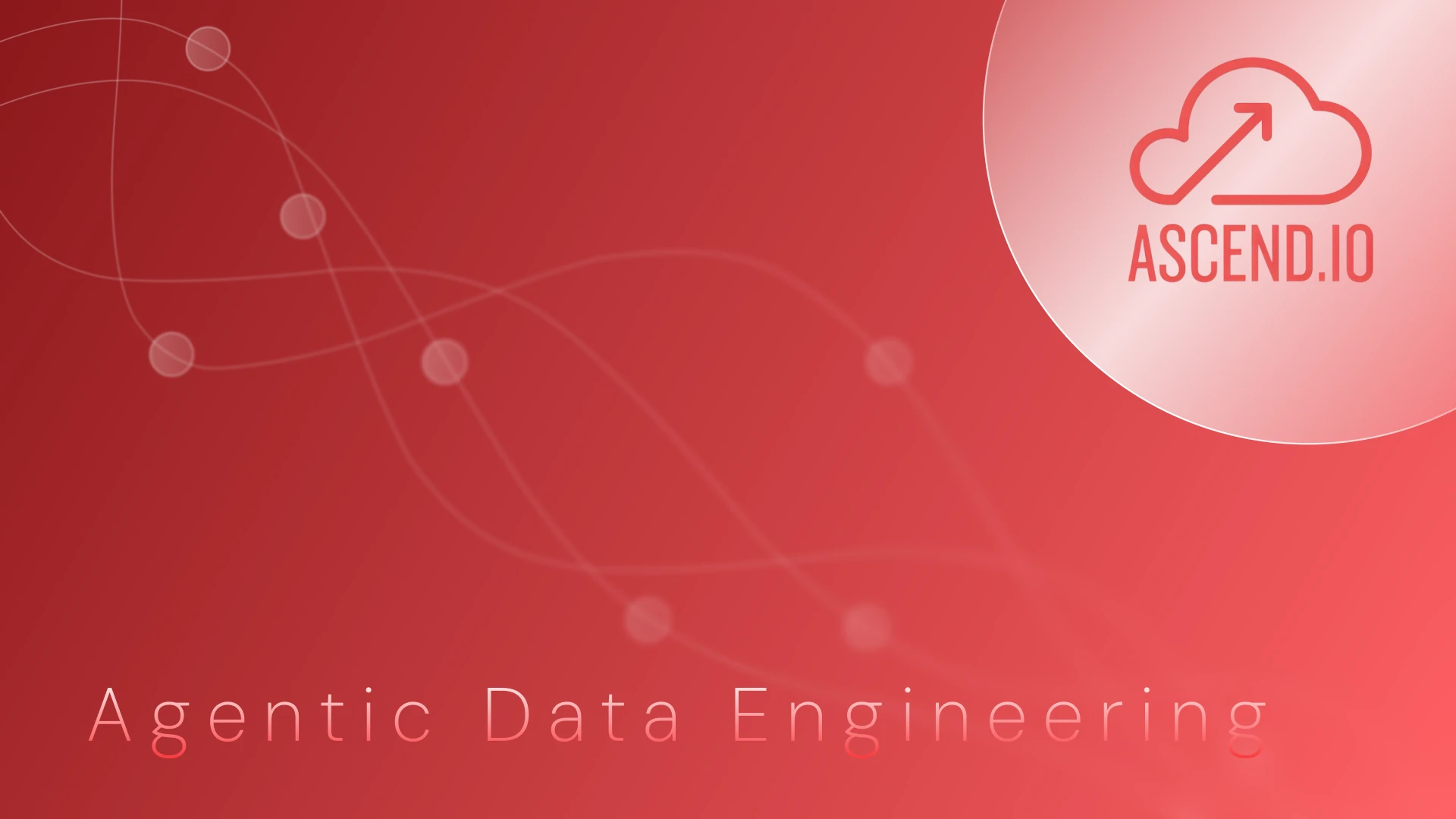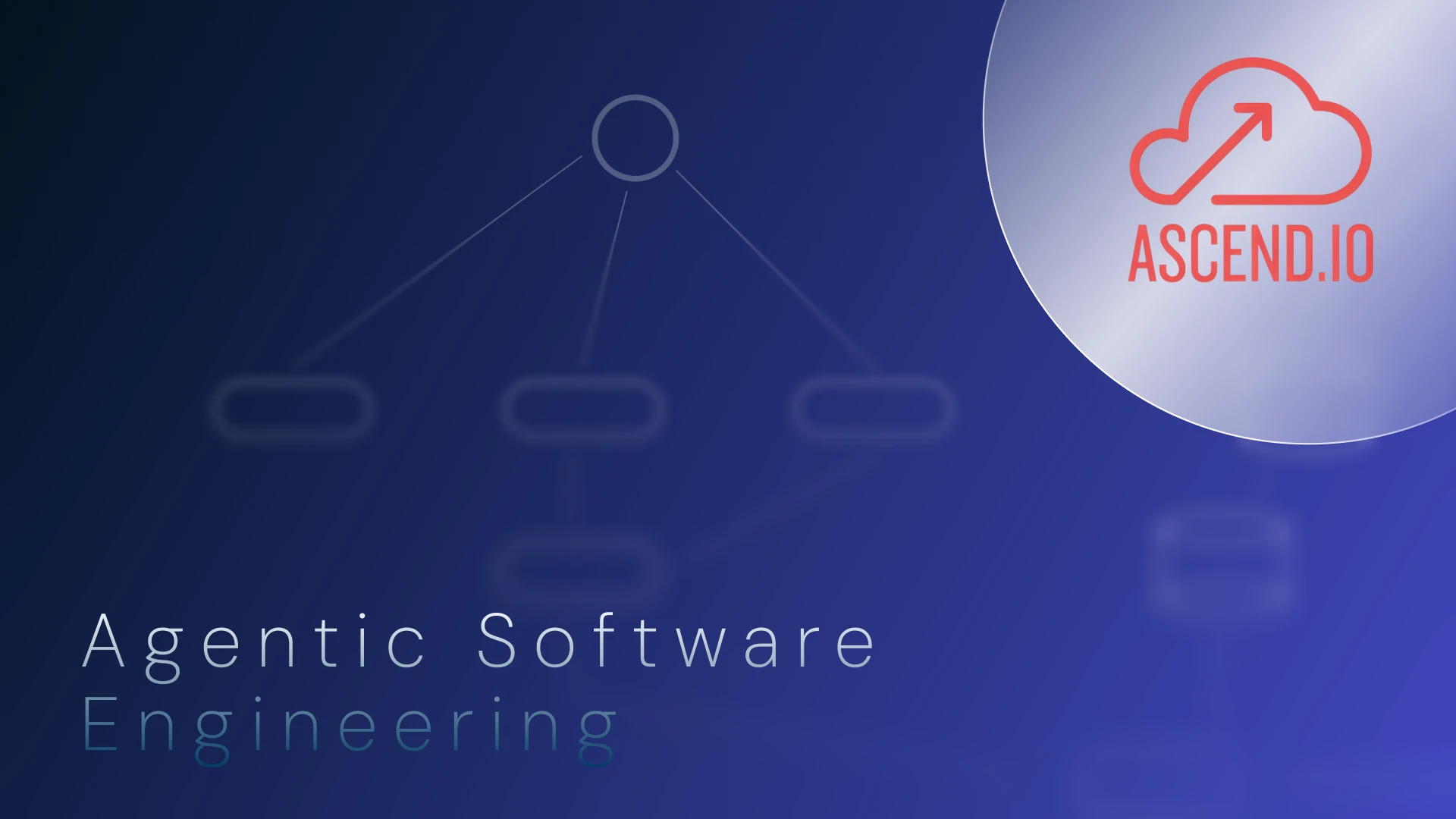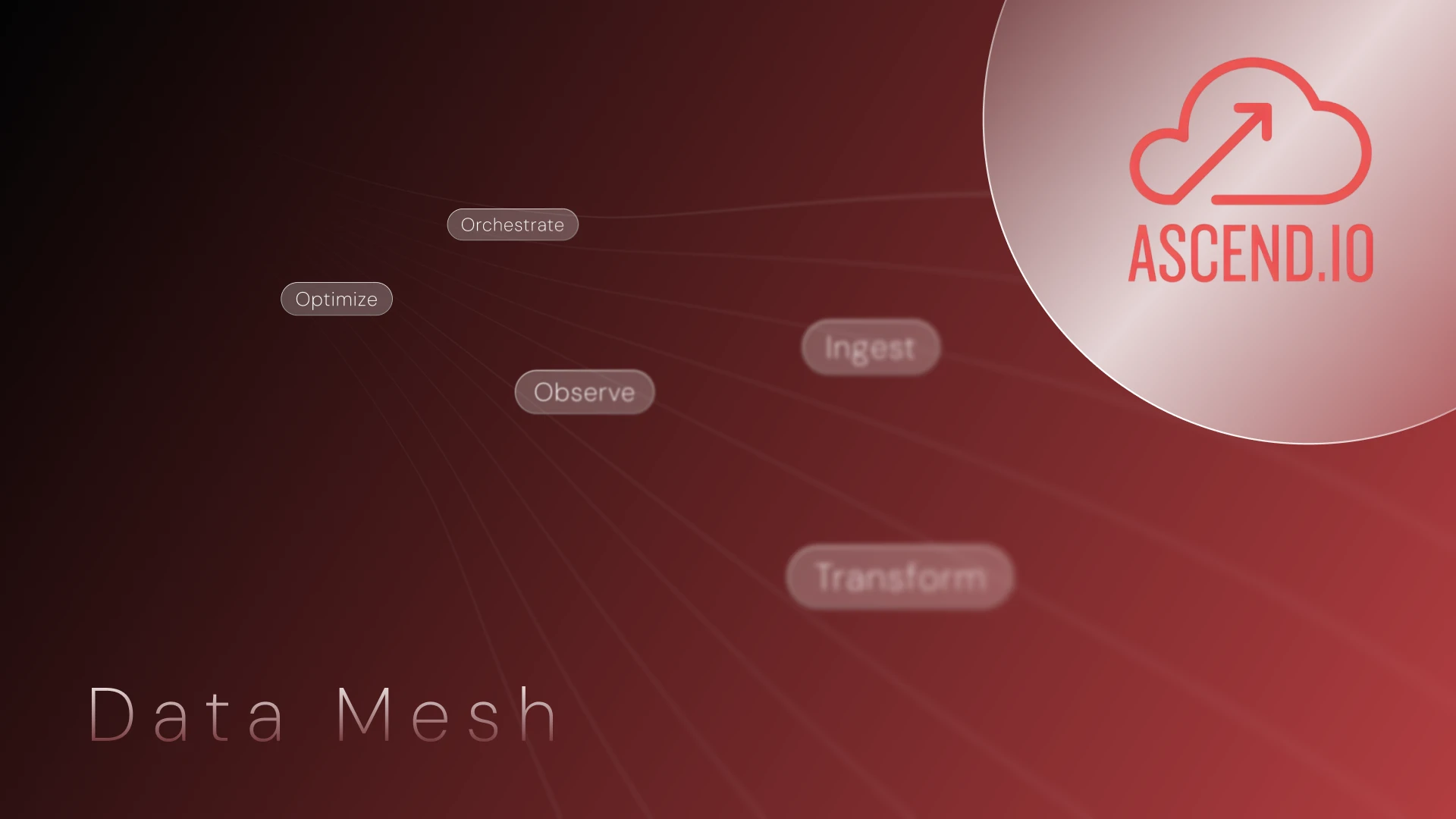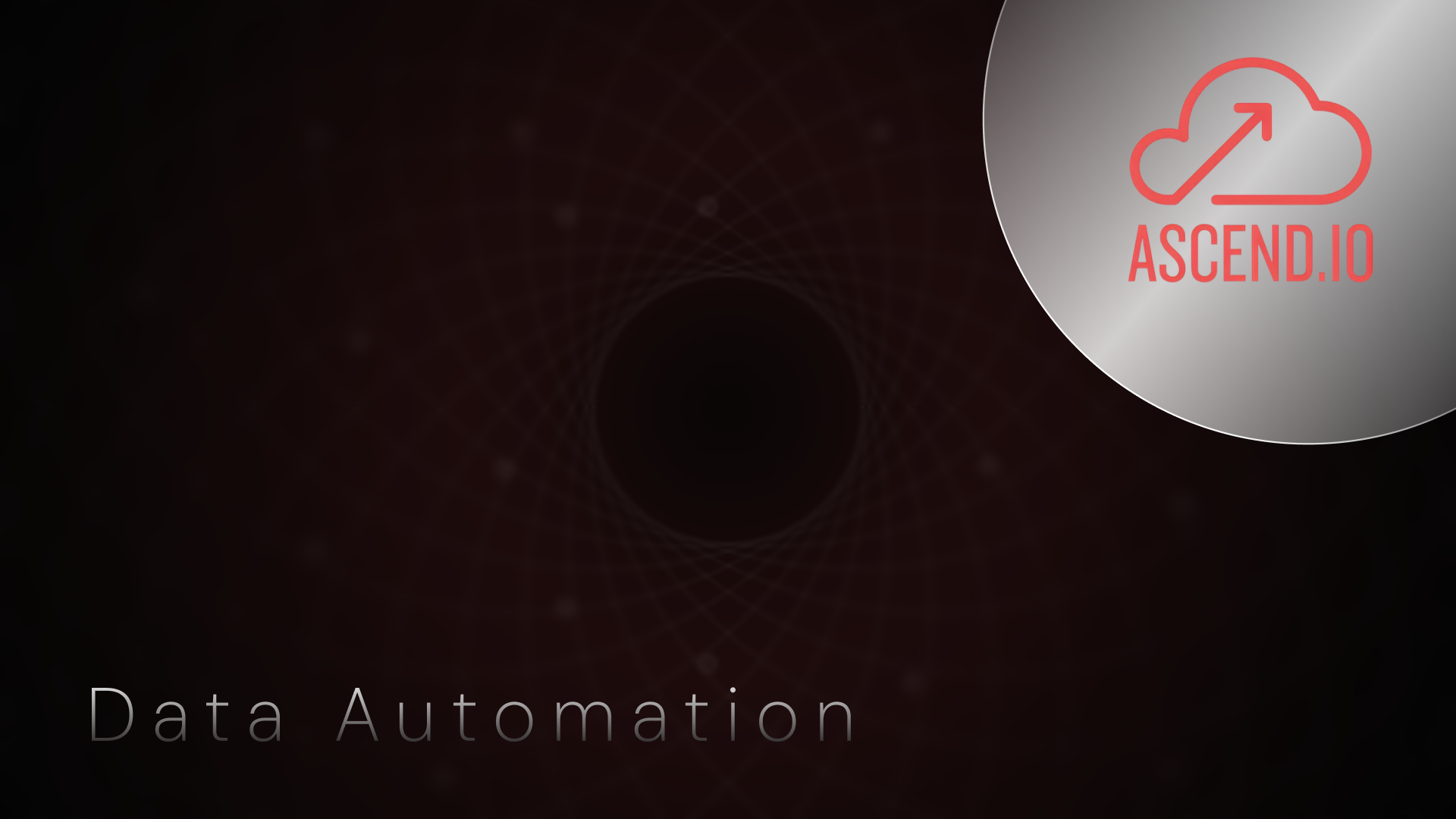Featuring Keynote Speaker DJ Patil, Former U.S. Chief Data Scientist, Ascend.io's Data Automation Summit Opens Registration, Call for Speakers, and Sponsorship Opportunities
MENLO PARK, Calif. — Jan. 20, 2022 — Ascend.io, the Data Automation Cloud, today announced the industry's first annual Data Automation Summit, taking place virtually April 13-14, 2022. The Data Automation Summit will provide a unique opportunity for data professionals and data leaders to engage with peers and learn more about the use of automation across the data lifecycle to increase team productivity and accelerate the creation of critical data products. The Data Automation Summit call for speakers is now open until Friday, February 11, 2022.
With a heightened focus on transformative automation technologies, speakers and presenters will share real-life use cases, tactical and tangible best practices, and live Q&As. The initial keynote speakers include Sean Knapp, CEO and founder of Ascend.io; and DJ Patil, former U.S. chief data scientist. As one of the most renowned and influential data scientists in the world, Patil's strategic efforts transformed the U.S. Federal Government into a data-driven enterprise and implemented President Obama's Precision Medicine, Cancer Moonshot, Data-Driven Justice, and Police Data Initiatives.
"Data teams are facing huge amounts of pressure to increase output and deliver more insights for the business. While this paradigm won't slow down any time soon, automation holds the potential to give data teams more leverage and flexibility to meet the demands of their business," said Sean Knapp, founder and CEO of Ascend.io. "As the data ecosystem continues to expand, the breadth of capabilities data teams need to automate is virtually endless. During this year's first annual Data Automation Summit, we're thrilled to accelerate the automation conversation among data professionals and showcase how some of today's most innovative companies are using advanced approaches to automation to create highly sophisticated data platforms and products."
Additional sessions include curated conversations, case studies, panel discussions, and more from a variety of data engineers, data analysts, data architects, and chief data officers discussing topics including:
- How automation technologies accelerate data workloads
- Bringing data meshes from concept to reality
- Best practices for lessening maintenance burdens with data pipeline automation
- Intelligently unifying data and analytics engineering with data automation technologies
- And more.
There are a limited number of sponsorships available for the Data Automation Summit with benefits including virtual booths, branding opportunities, speaking sessions and more. For more information about these sponsorship opportunities, please reach out to the event sponsorship team at eventsponsorships@ascend.io.
To register for the Data Automation Summit, submit a speaking proposal, and view the full agenda as it is released, please visit: https://www.ascend.io/events/data-automation-summit-2022/registration/
.webp)




.webp)

.webp)



.webp)





.avif)
